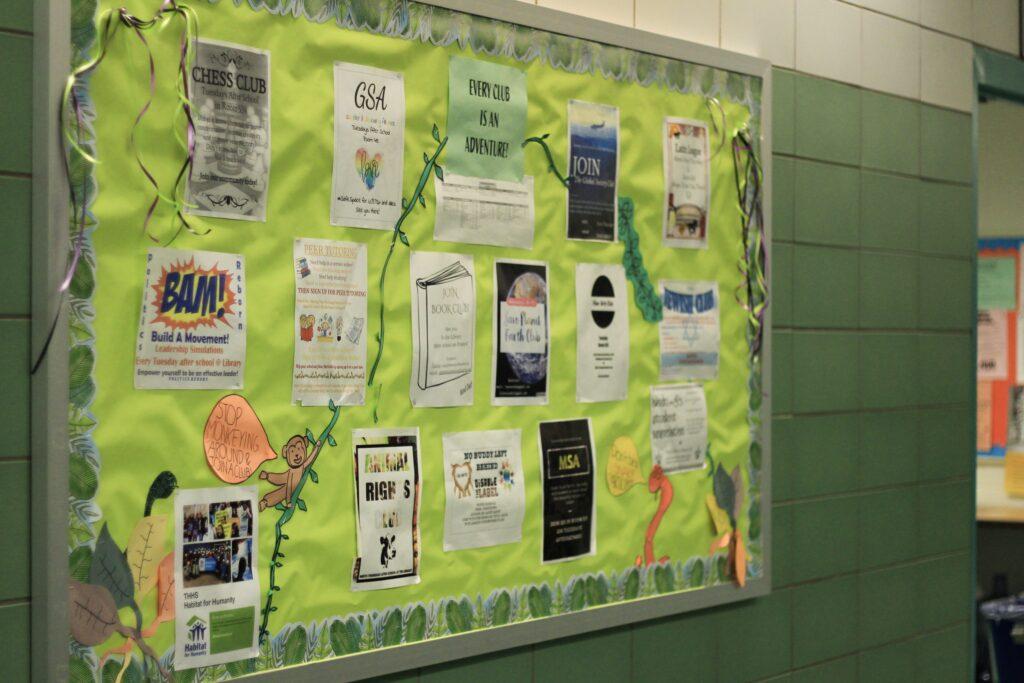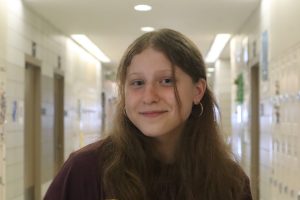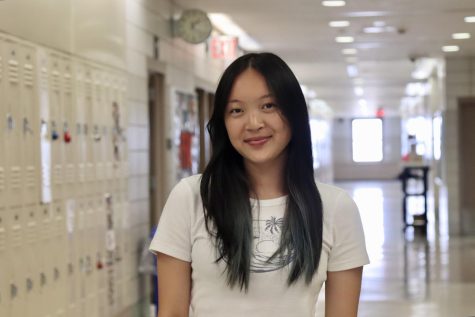
Every year, students at Townsend Harris High School have the ability to start new after school clubs, with full control of how they want to run it. With school taking place remotely this year, however, the process of creating a club was different than it was in previous years. The applications were due on Thursday, February 11th at 11:59 PM.
To create a club, students had to complete a three part application that is reviewed and approved by the Student Union. In order to be a club founder, students had to have participated in at least two academic semesters in THHS, participated in at least 2 clubs (or 1 club and 1 student activity) for at least 2 academic semesters, and have 5 or fewer demerits. Potential club leaders collected a total of 150 student signatures (50 each from grades 9, 10, and 11), as well as signatures from the Coordinator of Student Activities and dean, for their application to be considered.
Applicants this year were faced with numerous challenges regarding the collection of signatures. Sophomore Gabriella Fusco, potential leader of the THHS Law Club, described the process as more tedious to monitor, and said that “it was harder to keep track of who does [the form] and who doesn’t.” Students did not have access to the main spreadsheet that tracked their signatures, and had to implement a second, personal data collection form. Junior Maisha Rahman, potential leader of the The Leukemia and Lymphoma Society Club, said, “People are flooded with emails and they are likely to never read the email or they would skip over it. The advantage of being in person is you can reassure yourself that you have gotten your signature.” In addition to collecting student signatures, the club application came with several other challenges, including finding faculty advisors and acquiring their signatures. Junior Rakin Haq, potential leader of the National History Club, said, “Personally, it was difficult for my club to find a suitable advisor because of latency with email replies.”
A few students, however, have found that using Google Forms for this process is less complicated than getting asked to sign a paper in person. Junior Heather Bonilla said, “I think the new process is fine. It doesn’t seem too different and almost seems a bit more organized since there are forms and those can be organized easier.” Sophomore Arietta Xylas added that for certain students who are shy to ask others in person to sign their form, this is more comfortable for them.
With limited options, potential leaders have been advertising their clubs through social media, mass emails, and, with teachers’ permission, on Google Classroom. “My application was completed through emailing or messaging students for signatures and informing advisors as well as administrators to complete required forms,” said junior Sheron Xu, potential leader of the Sociology Club. Sophomore Gian Syki, potential leader of the Pacific Culture Club said, “I’ve managed to ensure a smooth process by keeping track of who signed the official form through a spreadsheet and by incentivizing people to join through the club description.”
When asked about the changes in this year’s club process, Club Liaison Elaine Tsiu said “The process was quite different this year since everything is virtual. We had to recreate different forms for the applications and signatures. It was quite hectic not just for me but also those that were seeking for signatures since it was hard to reach out to people in different grades. Overall I think it was successful.”
“Creating a club is a great way for students to bring more awareness to a program or cause of interest. I think there are pros and cons of a virtual petition. While it can be shared widely and quickly, there are less opportunities for students to socialize and interact with other students in the process of completing the application,” said COSA Sarah Loew, who oversees the club application process.
Photo by Jennifer Moran Chirino





























